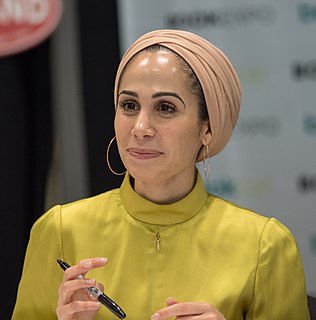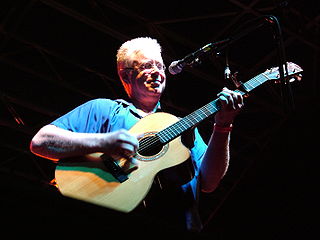A Quote by Bill Vaughan
It might be a good idea if the various countries of the world would occasionally swap history books, just to see what other people are doing with the same set of facts.
Related Quotes
Steve Jobs was not an engineer: He was a brilliant individual with this ability to see around corners, to see things that other people couldn't see. I've learned over the years in the Apple that there are some really talented people who can take the same evidence, the same facts, and look at them and see them in a way that interprets those facts entirely different than most people do.
Synonyms know each other like old colleagues, like a set of friends who've seen the world together. They swap stories, reminisce about their origins and forget that though they are similar, they are entirely different, and though they share a certain set of attributes, one can never be the other. Because a quiet night is not the same as a silent one, a firm man is not the same as a steady one, and a bright light is not the same as a brilliant one because the way they wedge themselves into a sentence changes everything.
Like every man who appears at an epoch which is historical and rendered famous by his works, Jesus Christ has a history, a history which the church and the world possess, and which, surrounded by countless memorials, has at least the same authenticity as any other history formed in the same countries, amidst the same peoples and in the same times. As, then, if I would study the lives of Brutus and Cassius, I should calmly open Plutarch, I open the Gospel to study Jesus Christ, and I do so with the same composure.
Going to places like Honduras, Nicaragua, and various African countries you get to see very clearly what the cause and effect is. We finance the obnoxious elites in those countries and they exploit their people so we don't have to say that we're doing the exploiting but nevertheless we are benefiting from it.
I had written three books [Games of Throne], at that point, and each one of them was better than the other. At a certain point, as the books were doing well, I started getting interest from Hollywood, from various producers and studios who were initially interested in doing a feature film. I met with some of those people and I had phone conversations with some of those people, but I didn't see it being done as a feature film.
It's very rare to find a place where news itself has a political bent. Normally, let's say in the U.K. for instance, newspapers might explicitly support one party or the other, but television is just straight-up facts that are not influenced by any party from either side. In South Africa we try to maintain the same thing. Unfortunately, the government sometimes intervenes, but for the most part, the facts are the facts.
If you feel . . . that well-read people are less likely to be evil, and a world full of people sitting quietly with good books in their hands is preferable to world filled with schisms and sirens and other noisy and troublesome things, then every time you enter a library you might say to yourself, 'The world is quiet here,' as a sort of pledge proclaiming reading to be the greater good.

































